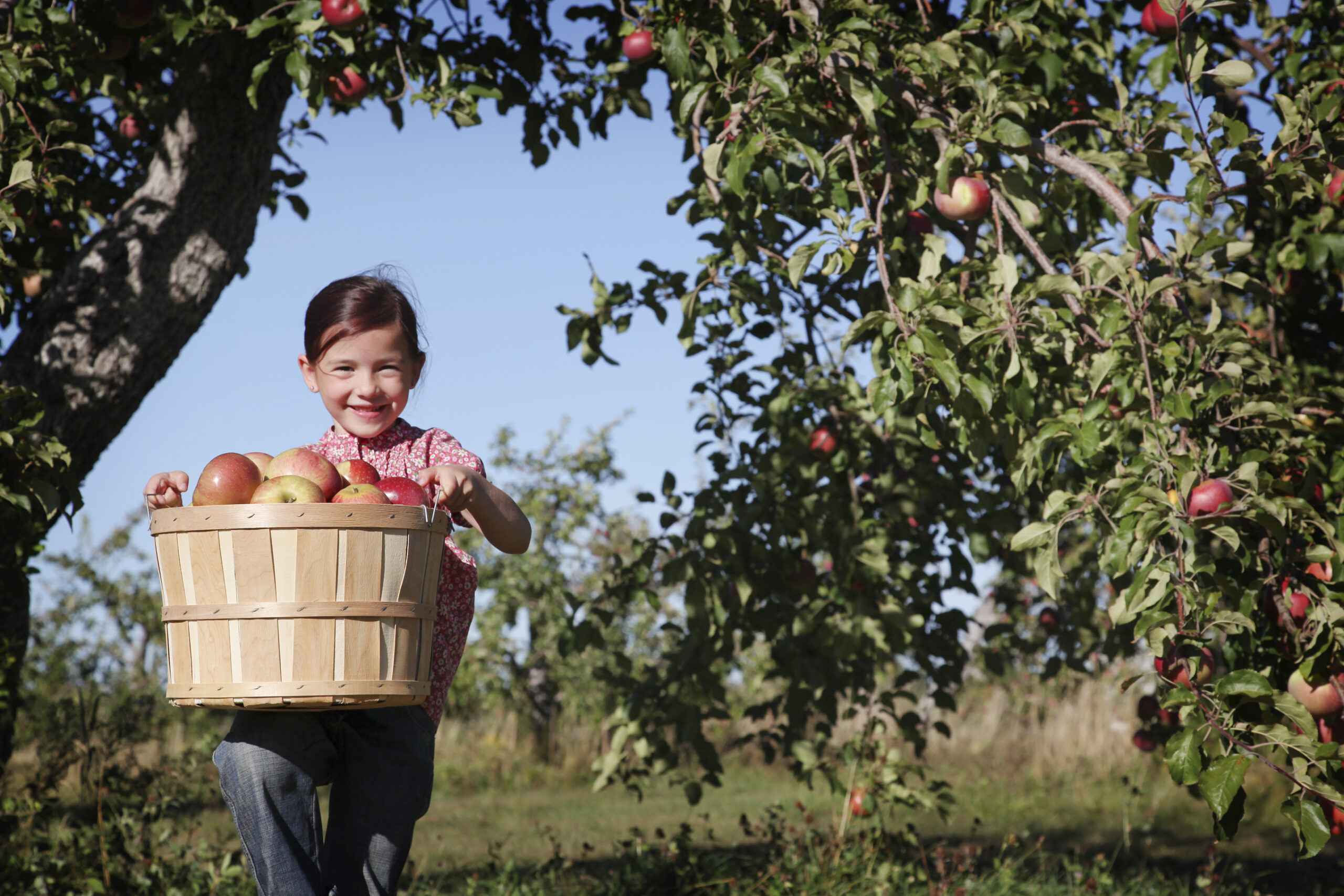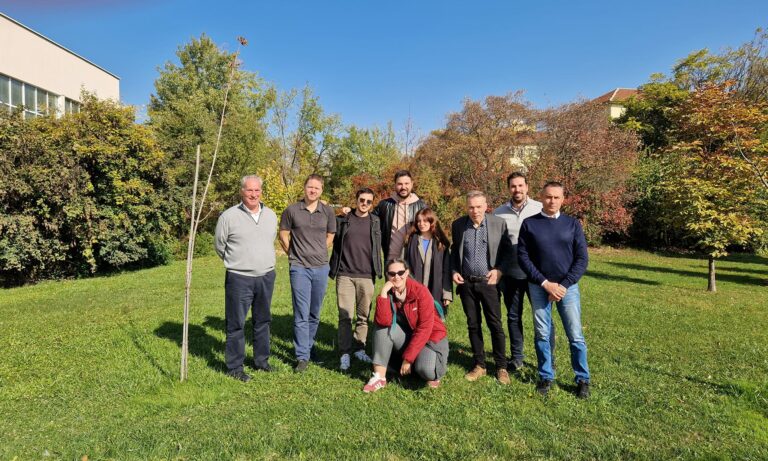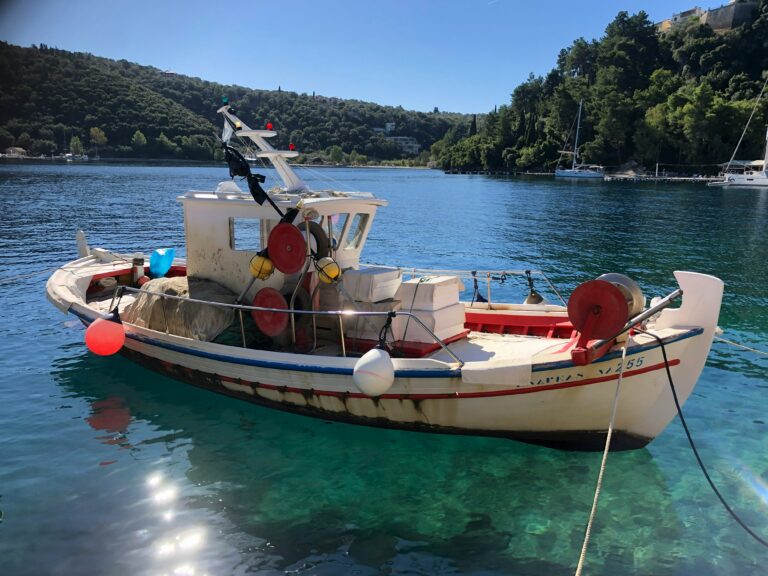In the call for a more sustainable future, there is an increased interest in healthier and more environmentally-friendly forms of travel and experience. Agritourism is one of the nature-seeking activities that provides a different kind of pleasure and experience.
Farm tourism is an exemplary way to reinvent our travel purpose. By immersing ourselves in various cultures, environments, and traditions, we enrich our perspectives and it gives us the freedom to discover what we are capable of doing based on our experiences with new places. By partaking into this kind of travel, we contribute consistently to the inclusive growth of the local communities. How is this possible?
Farm visitors help boost the economic activities of both the farm and rural communities as they provide additional source of income out of the recreational and educational services they engage. This is one of the most sustainable enterprises benefiting our society as a whole. By opening their land to the public, farmers and land owners transform it into a valuable venue for outdoor entertainment and agricultural education to supplement their income or create entirely new businesses.

The enhanced popularity of agritourism and other related trends coincides with the growing public interest in food production. There are certain trends in popular culture connected with organic food, ethically sourced produce and animal products, small-batch artisan products, farm-to-table practices, and sustainable food production as a whole. All these trends require a deeper understanding of the food supply chain; it is important for people to realize where their food comes from and what it takes to make it.
That’s why education is a significant component of agritourism. It is an opportunity for farmers to share their knowledge and skills, and give the public insight into the processes behind creating the food on their tables and the hard work it takes to get it there.
But beyond agricultural education, agritourism can include education about the natural world in general. Those with the land to do so might find it beneficial to host classes that teach people about the environment, fauna and flora conservation, and the numerous wonders of nature.





